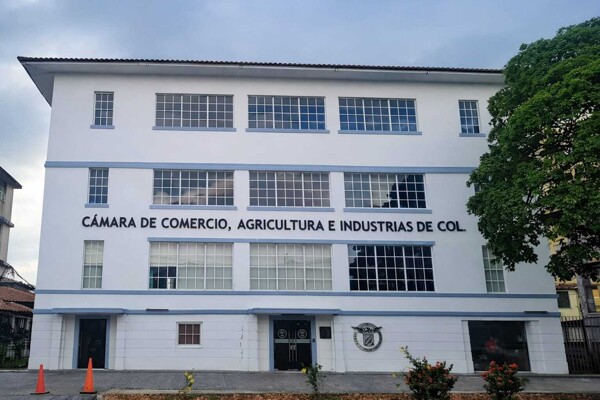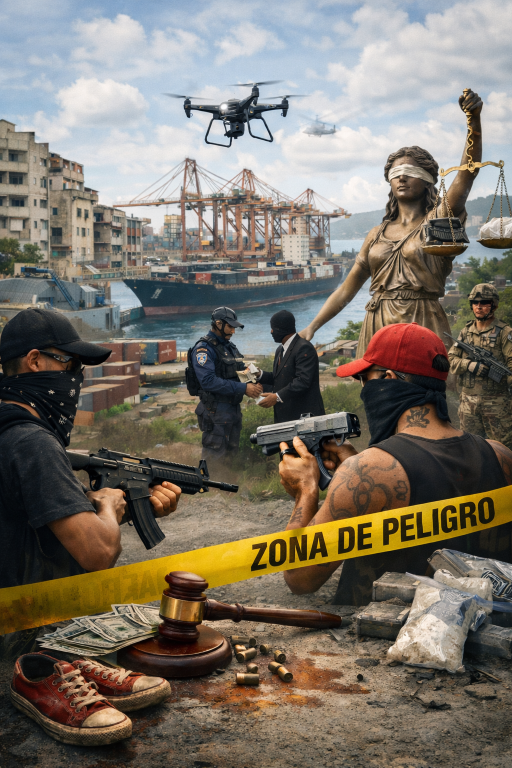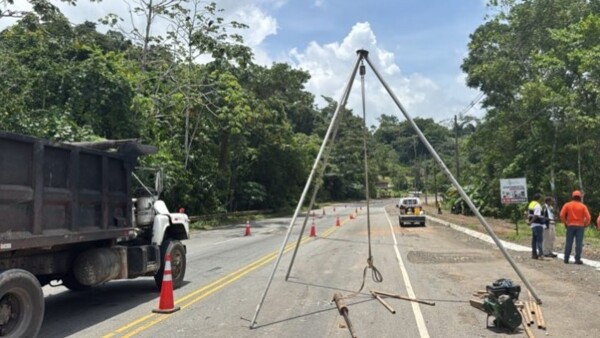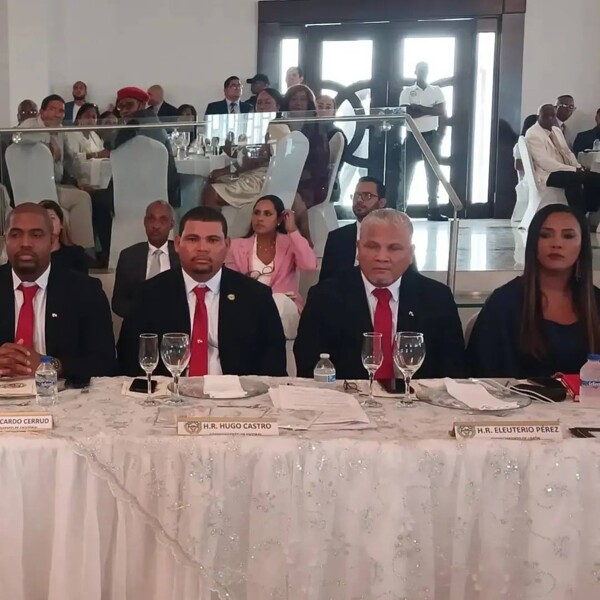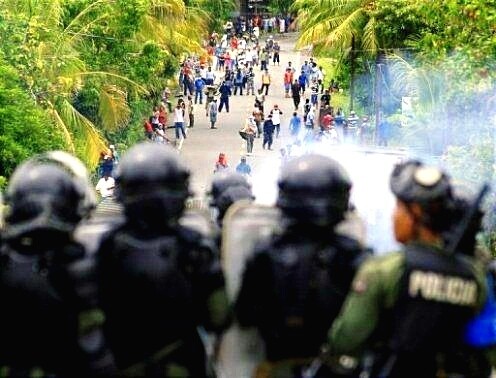
The actions of popular struggle arose in response to the sale of lands in the Free Zone of Colón. Several officials, including President Ricardo Martinelli, Minister José Raúl Mulino, Bartolomé Agüero, and Frank Ábrego, have been accused of being responsible for the murders that occurred in homes and streets of Colón and for the management of the State in general. During the protests, several deaths from gunfire were recorded, attributed to police forces transferred from different regions, as well as the use of military from SENAFRONT and SENAN. The Free Zone of Colón is an important source of income for entrepreneurs, generating more than 20 billion dollars a year in a impoverished province. After 76 hours of protests, the situation worsened with the presence of barricades in streets and neighborhoods. Police and military forces intensified security and began an offensive, but the outrage and protests forced a curfew to be imposed at 4:00 PM. A large contingent of SENAFRONT personnel was deployed to maintain order. Amidst this conflict, the death of a nine-year-old boy from a bullet impact was reported, as well as numerous injuries. The Panamanian Red Cross provided assistance to the injured at the Manuel Amador Guerrero Hospital, the only public health center in the city. In an act of solidarity, the Comarca of Western Panama issued a three-day ultimatum to the government to repeal a specific law. In 2012, police forces violently repressed the population of Colón, leaving a tragic toll of deaths, including that of the boy Josués Bethancourt Vega. These events triggered a climate of mourning and tension in the province, with multiple victims and arrests. The rapid approval of Law 72 caused outrage throughout the country, as this law permitted the sale of lands in the Free Zone of Colón. Despite Martinelli's promise to repeal the sale of land via a tweet sent from Japan, an increase in rental costs was proposed, with the supposed intention of dedicating the funds to the people of Colón. Moreover, the importance of the resistance of indigenous groups like the Ngäbe and Buglé against mining exploitation in their territories was highlighted.











